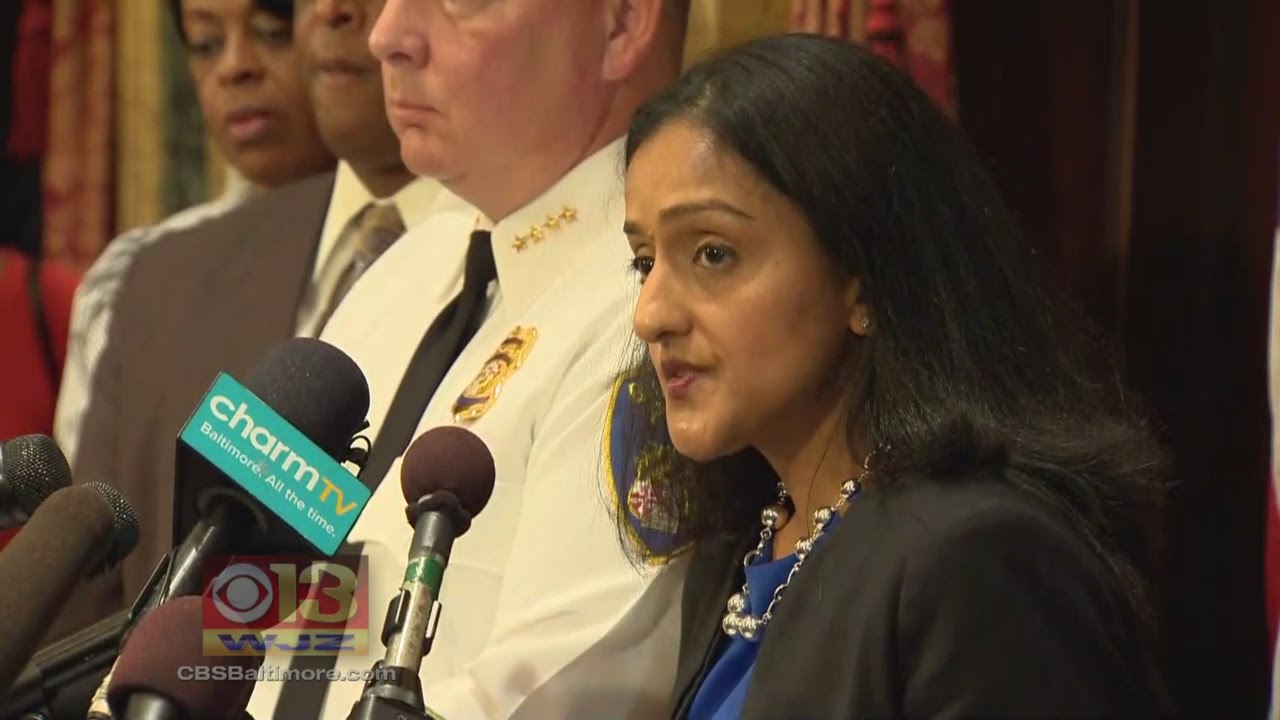
The recent U.S. Department of Justice (DoJ) report detailing the rampant bias and discriminatory behavior of the Baltimore police department justifies a new line of attack against police misconduct. In most instances when revelations are made concerning rogue policing, the public’s immediate response is to call for reform of police practices. This approach has been insufficient because it generally focuses on the behavior of individual officers and fails to provide an aggressive response to the systemic deficiencies in the operation of police departments.
The breadth of the lawlessness in the Baltimore police force identified by DoJ calls for a response of equal weight. If police are expected to ‘protect and serve’ in exchange for wage and benefit concessions achieved through collective bargaining, the police in ‘Charm City’ have violated the spirit and law of their collective bargaining agreement. Therefore, their contract should be voided and they should be required to return to the negotiation table to hammer out a new agreement that reflects remediation of the institutional deficiencies that led to the horrors made public by the Justice Department. Wage gains should be voided and any benefits accrued should be paid back to the city by the police union.
Think this is a bit heavy handed? I would argue that it is the only way these police departments can be held accountable. Black residents of Baltimore should not be required to honor a contract that has not been fulfilled and be doubly-taxed by the mental stress incurred from the fear of those in uniform who are terrorizing their neighborhoods. The police have acted as an oppressive force upon the backs of Baltimore’s Black community and common sense suggests the only way to affect change is to advocate for justice with an economic weapon – a contract.
Consider several of these statistics in the DoJ report:
• DoJ reviewed 2,818 incidents of the use of force by Baltimore police officers. The police department deemed only 10 as worthy of an internal review and only one (1) was determined to be an incident when excessive force was used by the officer.
• For the period November 2010 to June 2015, out of 100,000 drug possession charges, 89% of the offenders were African-American.
• Black pedestrians are 3 times more likely to be stopped by police than whites
• More than half of reported sexual assault cases remain open for years with no effort to investigate them
These statistics just scratch the surface. The report is truly a diary of horrors. It brings to light, and validates, what Black residents of Baltimore have complained about for years. Their city police department is an occupying force that shows little regard for the law, uses intimidation to harass residents, engages in suspect practices that violate constitutional rights and is physically abusive.
We have long past the point when claims for justice against police violence can be narrowly cast in terms of creating civilian review boards, requiring diversity training, holding dialogues with the police or calling for ‘community policing.’ It’s all window dressing until police officers sense that they have an economic stake in changing the institutional culture of policing.
One area of immediate need for revision in the collective bargaining agreement is drug testing of Baltimore officers. They should be tested upon acceptance as a recruit, when they discharge their weapons while on duty or have physical contact with a civilian. Random testing should occur throughout the calendar year and all officers should undergo recurrent training. A requirement for mandatory psychological screening of all officers should make its way into a renegotiated Baltimore city police contract. In cases involving the use of deadly force, the officer(s) involved should be required to give a statement within 5 hours of the incident and not be shielded by a wait-period that provides ample opportunity to construct a narrative that is inconsistent with the truth.
For real change to occur in local policing the public must assert itself as a party in contract negotiations. While unprecedented, such a maneuver would hold elected officials accountable to negotiate a contract that truly protects the public safety and provides an equitable return for the use of citizens’ tax dollars to fund the police. Clearly, previously negotiated contracts provided no such protections. They were let as a matter of political convenience and elected officials were often held hostage by threats or work slowdowns and other calculated maneuvers by police union brass to extract concessions with little regard for the public.
Baltimore is not alone in needing a new approach to clean up police misconduct. The report on Ferguson Missouri was equally horrific and the practices of police departments across the nation requires a more aggressive approach to reform. The power of the purse is the ultimate weapon the public has to hold police accountable and the time has come to use it.
Walter Fields is the Executive Editor of NorthStarNews.com.












